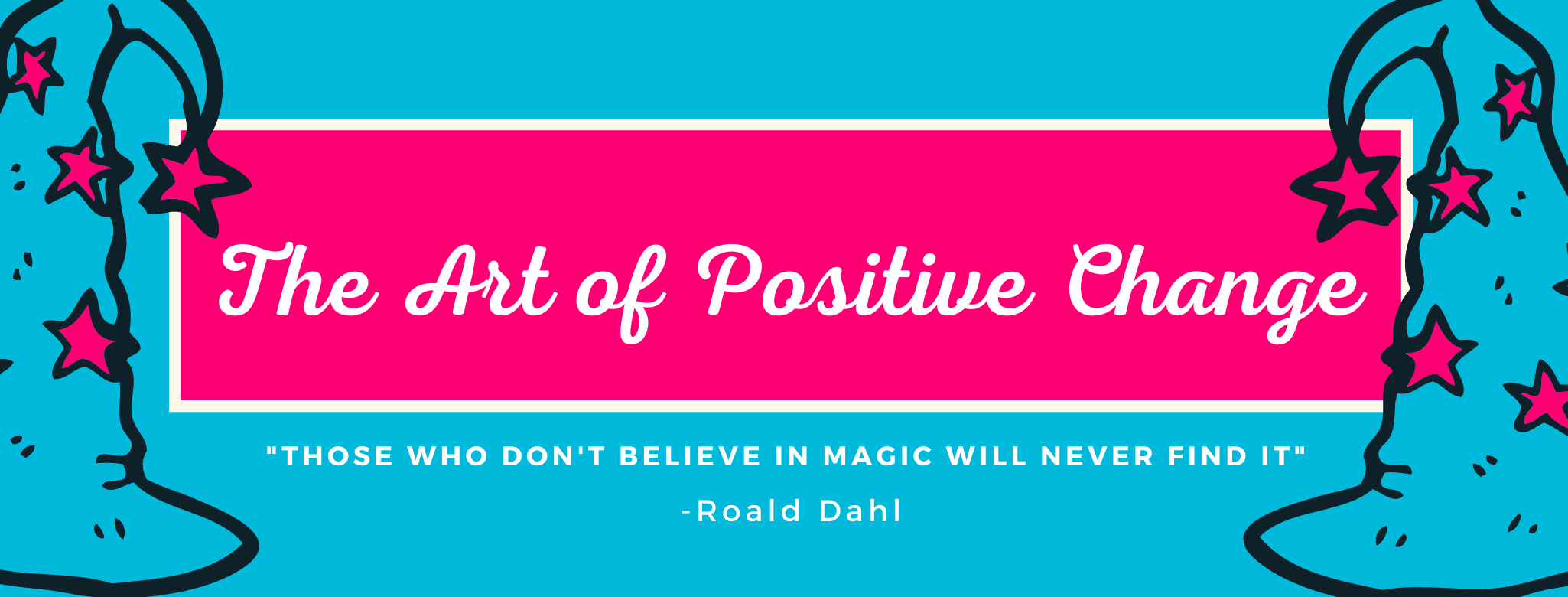Do you have Decision Fatigue?
Seemingly, adults make about 35,000 DECISIONS A DAY!
Can you imagine how taxing that is on your brain? The more we do, the more decisions we have to make, the more decisions we make the more pressure is placed on our brains, minds and bodies.
The more pressure that is on us, the less we are able to make quality decisions.
According to Wikipedia, decision fatigue is ‘the deteriorating quality of decisions made by an individual after a long session of decision making. It is now understood as one of the causes of irrational trade-offs in decision making. Decision fatigue may also lead to consumers making poor choices with their purchases’.
Here’s the visual explanation of that,
To a certain point, which is different for all of us, we make good quality decisions, promptly and with confidence.
These decisions yield the results we want and we move forward with our lives & work.
Past a certain point, which again is different for all of us, we make poor quality decisions, are slow to make these decisions and make them with less confidence.
These decisions do not yield the results we want and we don’t move forward with our lives & work.
As you can see from the graph, when you move past this point, it’s a slippery slope!!
I know this from personal experience. Early in 2021, I was making good quality decisions, promptly and with confidence.
These decisions yielded the results I wanted and I was moving forward with my life and work.
As the year progressed and I took more & more on and became busier & busier, my decision making reduced in quality, became slower and I made decisions with a lot less confidence.
These decisions yielded the results I did not want and I wasn’t moving forward with my life & work.
The lesson here is if you want to make good quality decisions, TAKE ON LESS.
DO LESS BUT DO IT BETTER!
How is your decision making?
Are your decisions giving you the results you want or the results you don’t want?
Do you have decision fatigue?
If so, what can you remove from your work/life to reduce or eliminate this fatigue?
Want to read more about Positive Change?
Download your FREE EBOOK ‘The A-Z of Effective Change’ below.
Thanks for reading,
Siobhain
x x











 Thanks to the brilliant
Thanks to the brilliant 